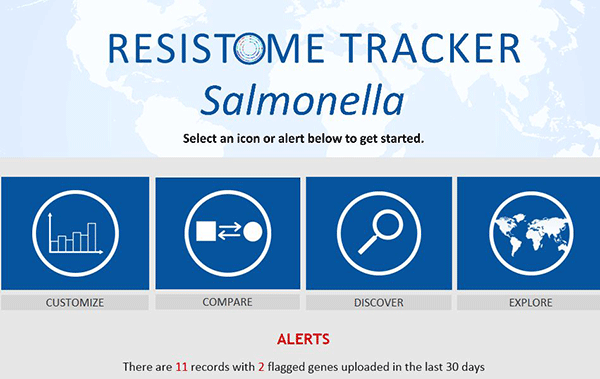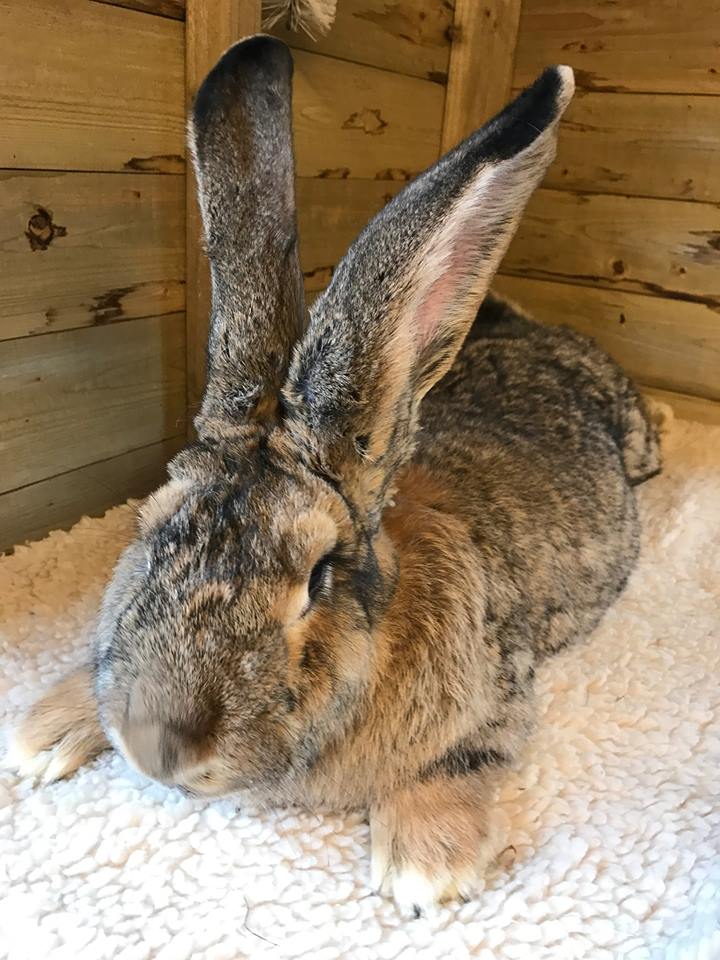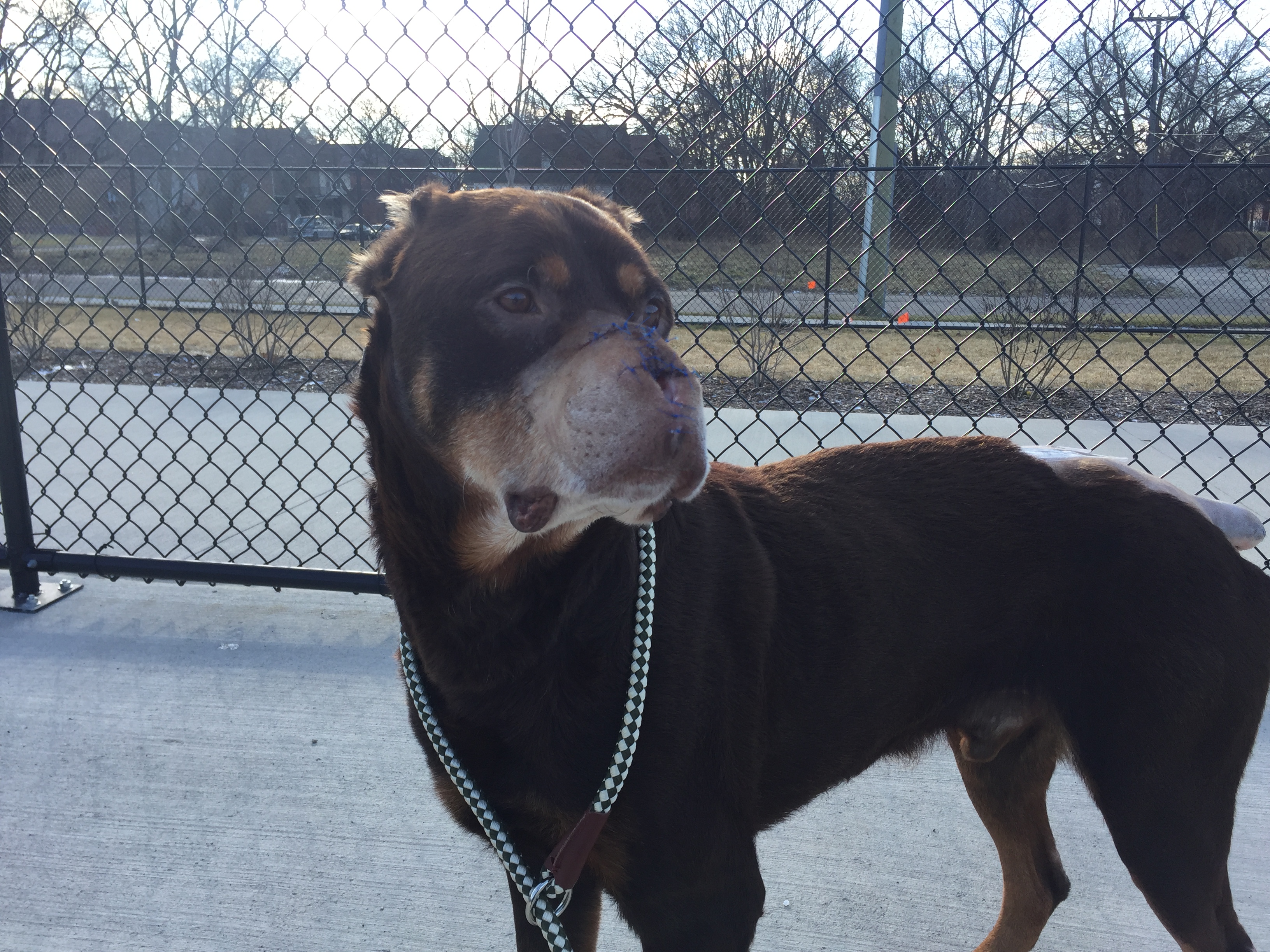Headlines across the country are warning dog owners of the new circovirus disease that is now affecting dogs. Previously, circovirus was only known to affect pigs and birds, but the virus has now spread to our furry four legged companions. Canine circovirus was first reported in June 2012 and has since been causing illness and death across the country with increasing numbers.
Confirmed cases of canine circovirus have been documented in Ohio, Michigan and California, but dog owners everywhere should get familiar with the disease and symptoms as early detection is key in a dog’s survival when faced with this disease.
According to the American Veterinary Medical Association, “The route of infection is still unknown, but the basic principles of viral spreading suggest that direct contact with an infected dog or its vomit or diarrhea would present a higher risk of infection. However, many viruses can be spread from animal to animal through the use of shared bedding and equipment or through human contact with an infected animal prior to handling of an uninfected animal. In pigs, circovirus is spread through the manure and through contact with respiratory secretions.” And, the AVMA warns, “Although some of the dogs showing clinical disease were recently boarded or at doggie daycare facilities, this should not be taken as an indication that this virus is only spread at boarding kennels or that boarding your dog or taking it to daycare will result in infection. Any parent who has taken their child to daycare knows that a high concentration of children in an area can increase the spread of colds and other illnesses; the same thing can happen when dogs are gathered in an area. If your dog is vomiting or has diarrhea, contact your veterinarian.”
Although there is currently no vaccine for circovirus, you can take precautions with your pet by following these recommendations:
- Use good hygiene and sanitation measures
- Don’t allow sick dogs to interact with others
- Monitor your dog for signs of illness
- Regularly clean and disinfect areas where dogs interact
- Keep your dog healthy with good preventative care and regular vet visits
If your dog appears to exhibit symptoms of circovirus disease such as being lethargic, loss of appetite, or has severe vomiting or diarrhea- please contact your veterinarian as soon as possible and keep your dog away from other dogs.






